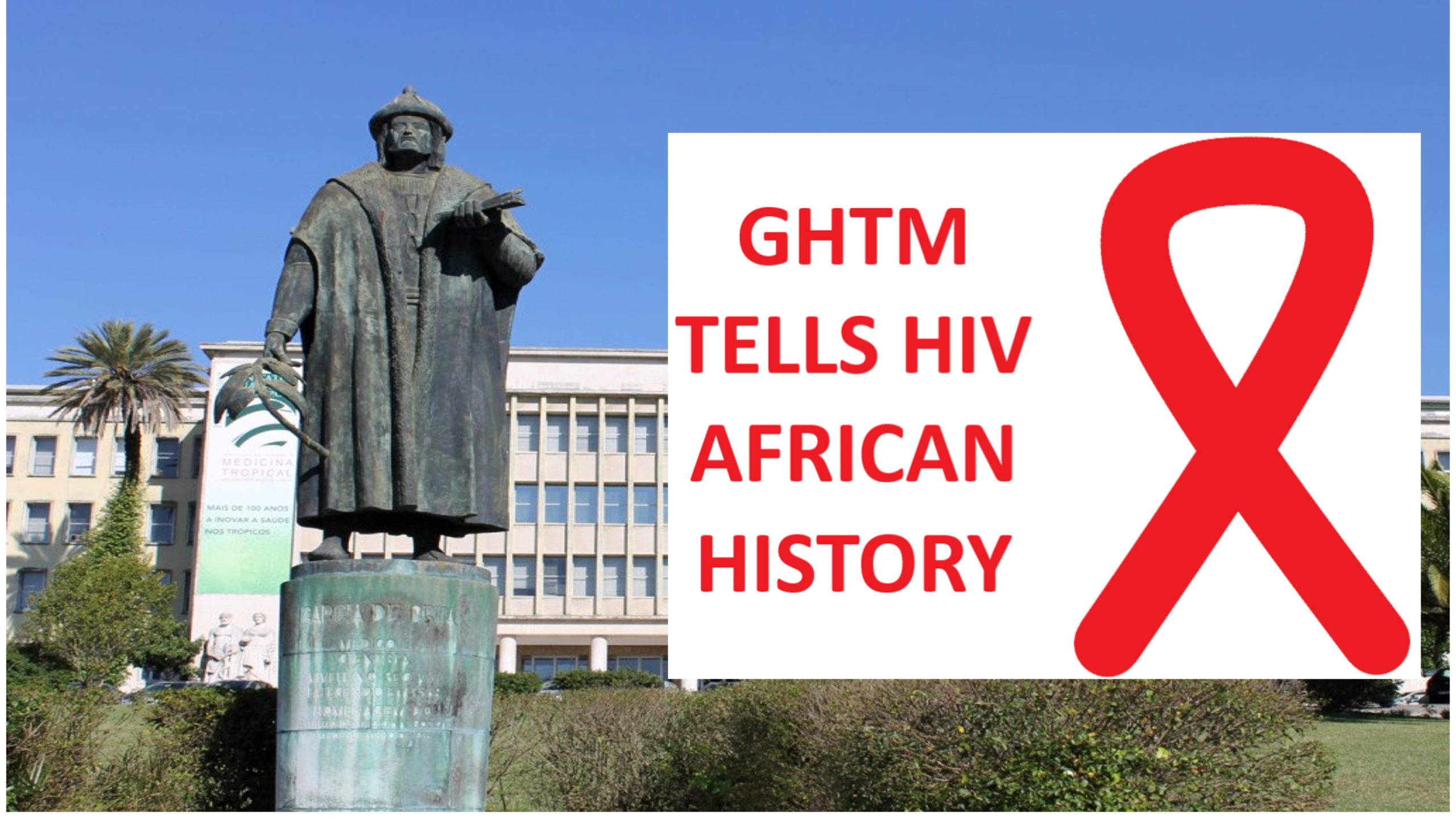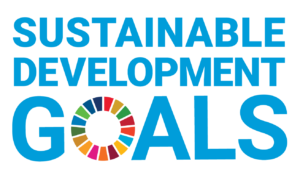Angola’s importance in the HIV pandemic
HIV pandemic has been around since the 70’s, but when and where was its outset?
A few years ago, phylogenetic studies pointed to nowadays Democratic Republic of Congo (DRC) at the beginning of the 20th century.
GHTM’s scientists, led by Prof. Ana Abecasis, from that conclusion, put forward the hypothesis that Angola, which borders and has long-term links with DRC, would likely have an important role in the initial spread of the Human Immunodeficiency Virus (HIV) pandemic. Studying that country’s genetic diversity of HIV-1 group M, it became clear that there are similar levels of genetic diversity both in Kinshasa and Luanda. To realise that there is far more variability in Angola than in the rest of the world, except DRC, was a persuasive molecular argument in favour of their idea. Nevertheless, more clues, to support the hypothesis, were sought looking at local Sociology and History.
In the last years, due to the DRC’s political, social, and economical issues, there has been an influx of Congolese immigrants towards Angola – as shown by last week’s migrant expulsions from the Lundas’ diamond mining areas.
Was such influx something new or were there similar situations before?
What about migrants from Angola to Congo?
In fact, since the beginning and throughout the 20th century, there were several migrations of labourers between Kinshasa, Lubumbashi, Mbuji-Mayi (DRC), Brazzaville and Luanda. The development of infrastructures, agriculture and the mining industry led to labourers’ influxes to those areas and the growth of new localities. Urbanisation was growing in Central Africa, with Belgian Congo’s Leopoldville, nowadays Kinshasa, as the biggest city. Analysis of this city’s immigration records showed that, in the early 20th century, Angolan immigrants constituted an important percentage of the population, with numbers reaching 26% of the population in 1930 and 23% in the 1940s. In spite the distance, Angolans were present in higher numbers than individuals from the then French Congo-Brazzaville. The existence of job opportunities could, in itself, explain that data. However, the intense native population movements across the colonial borders of Angola and the two Congo’s could also be related with shared ethnicities and profound historical connectivities that became divided by those borders, artificially crafted in the Berlin West Africa Conference of 1884-1885.
Socioeconomic history has repeatedly shown that wherever there are huge fluxes of people the sex industry will grow and, with it, the spreading of sexually transmitted diseases. With the coming and going of labourers from and to Angola, virtually any infectious disease transmitted by humans would be carried to or from Angola. Thus, the existence of HIV in DRC, would make its spreading to Angola inevitable, at a very early stage, as far back as the 1920’s, if not before. The phylogenetic analysis confirmed this, proving the important role Angola had in the initial dispersal of the epidemic.
Those findings were published in 2016, under the title:
«On the contribution of Angola to the initial spread of HIV-1».
Back to the present, a new opportunity to continue Prof. Abecasis’ research on HIV and Angola has emerged, with the coming to NOVA’s Institute of Tropical Medicine of the Angolan junior researcher Cruz Sebastião, within a joint program with Gulbenkian Foundation. A new Portuguese-Angolan team will be formed to return to Angola and collect new data. Prof. Abecasis is hoping that the new information will provide a better picture of how the HIV epidemic developed and changed thru time in Angola, besides to possible updating of the results published in the aforementioned article. Another area of interest will be the emergence of virus’ resistances to the present day antiretrovirals. The medical scientific community is very worried with diseases’ resistances to medicines in general, but in the case of HIV, for which there isn’t a proven vaccine available, the current antiretrovirals are what keep people alive, converting AIDS from a deadly disease to a chronic one. Prof. Abecasis mentioned that WHO’s established goals for 2020, to the HIV pandemic haven’t been met and it is very unlikely that the pandemic will be over in 2030, with the current 25.7 million infected people in Africa – in 2018, HIV killed 470.000 Africans.
Angola, as one of the three early HIV pandemic starting points and as a sub-Saharan African developing country, should be a research focus for, not only, the phylogenetic history of HIV, but also, for the possible development of antiretrovirals’ resistances. These are the goals of this new research project led by GHTM’s Prof. Ana Abecasis.


[…] conducted under GHTM’s Prof. Ana Abecasis, famous for her groundbreaking investigation on the HIV pandemic beginnings, was about pharmacological treatment for HIV: «The efficacy of using Tenofovir + Lamivudine + […]